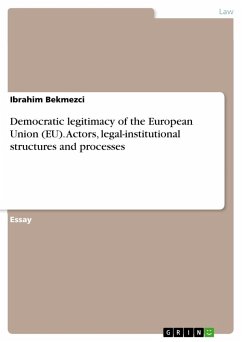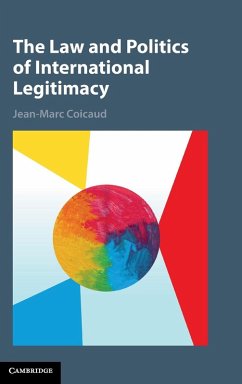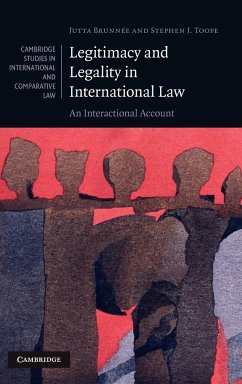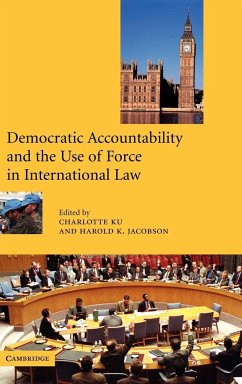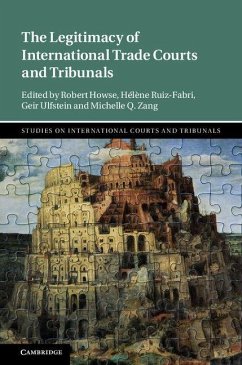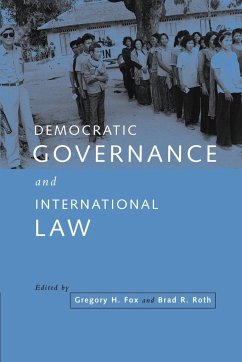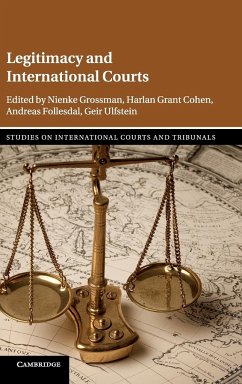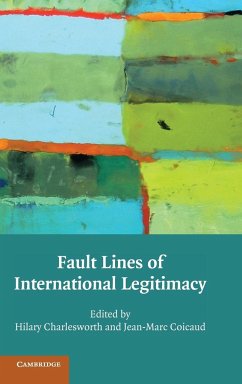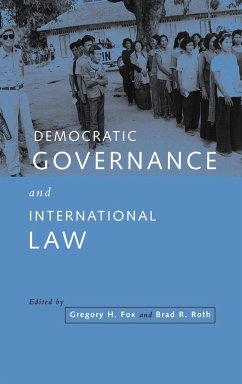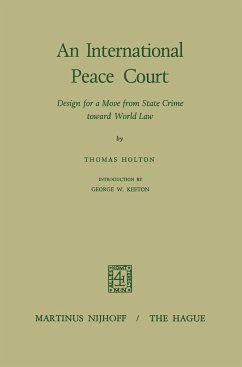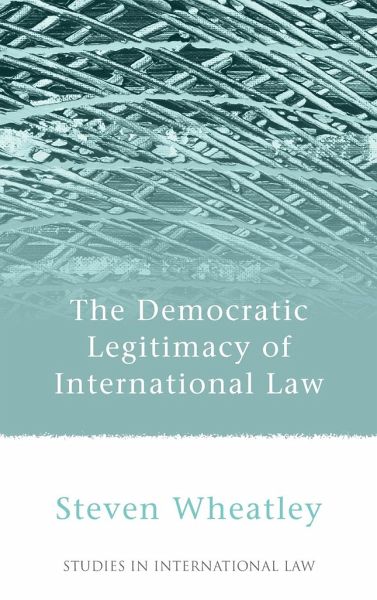
Democratic Legitimacy of International Law

PAYBACK Punkte
73 °P sammeln!
While international institutions continue to affirm that democracy is the only legitimate form of domestic government, the globalization of governance has resulted in the removal of many issues from the domestic arena and the political control of citizens. This is the now widely recognized "democratic legitimacy deficit" in international law, which encompasses traditional forms of inter-nation law and new forms of international governance by non-state actors (the Security Council and World Bank for example). The standard response is to argue for the replication of domestic institutions at the ...
While international institutions continue to affirm that democracy is the only legitimate form of domestic government, the globalization of governance has resulted in the removal of many issues from the domestic arena and the political control of citizens. This is the now widely recognized "democratic legitimacy deficit" in international law, which encompasses traditional forms of inter-nation law and new forms of international governance by non-state actors (the Security Council and World Bank for example). The standard response is to argue for the replication of domestic institutions at the global level, restructuring the international order along cosmopolitan lines. In contrast, this work accepts the extant, fragmented system and develops the idea that the counterfactual ideal of deliberative democracy developed by Jurgen Habermas (among others) can provide the basis for thinking about the exercise of political authority beyond the state, and it explores an alternative view of the nature and purposes of the modern system of international law. In traversing this terrain, the book addresses, inter alia: questions about the democratic legitimacy of 'Westphalian' inter-nation law * the idea of democratic self-determination * the twin facts of the constitutionalization of international law and the practice of the democratic peace * the problems inherent in discerning, in an era of global legal pluralism, the extent to which we regard international governance norms as 'law' * the impact of the fact of globalized governance through law on the fundamental theory and practice of democracy (a model developed in the context of the state).





